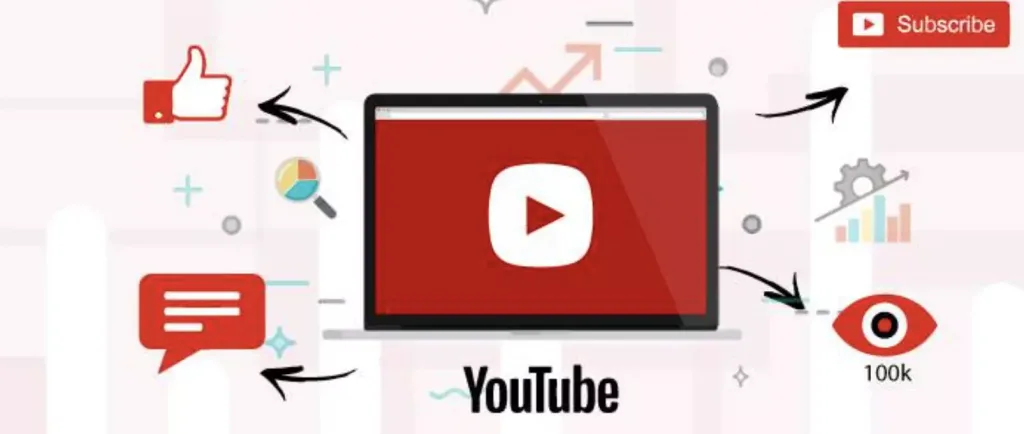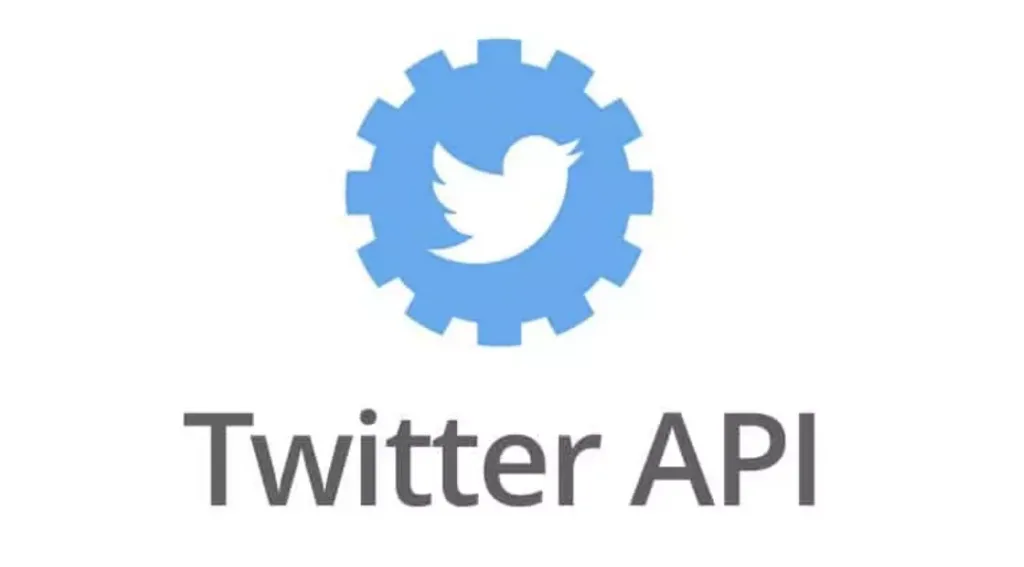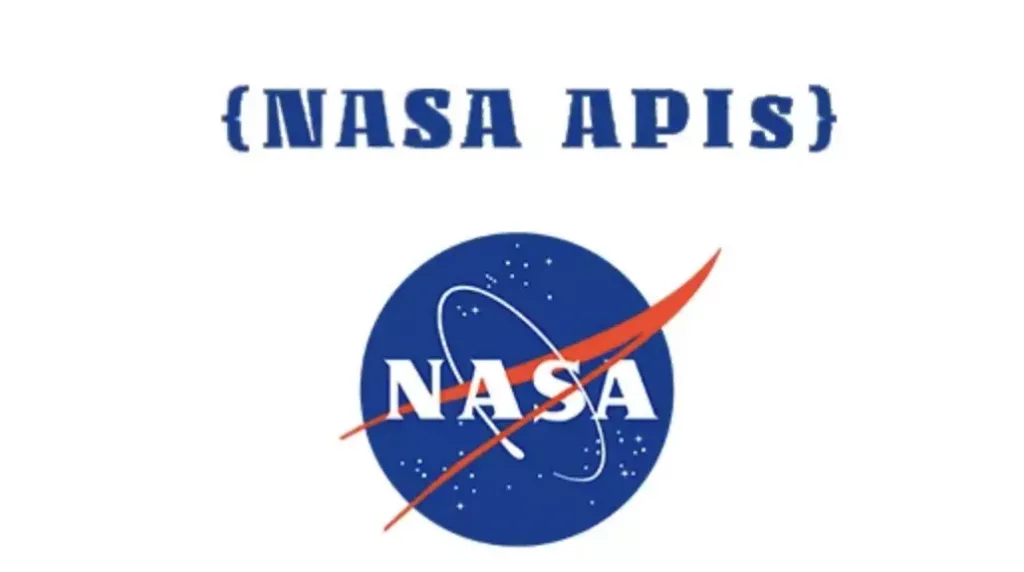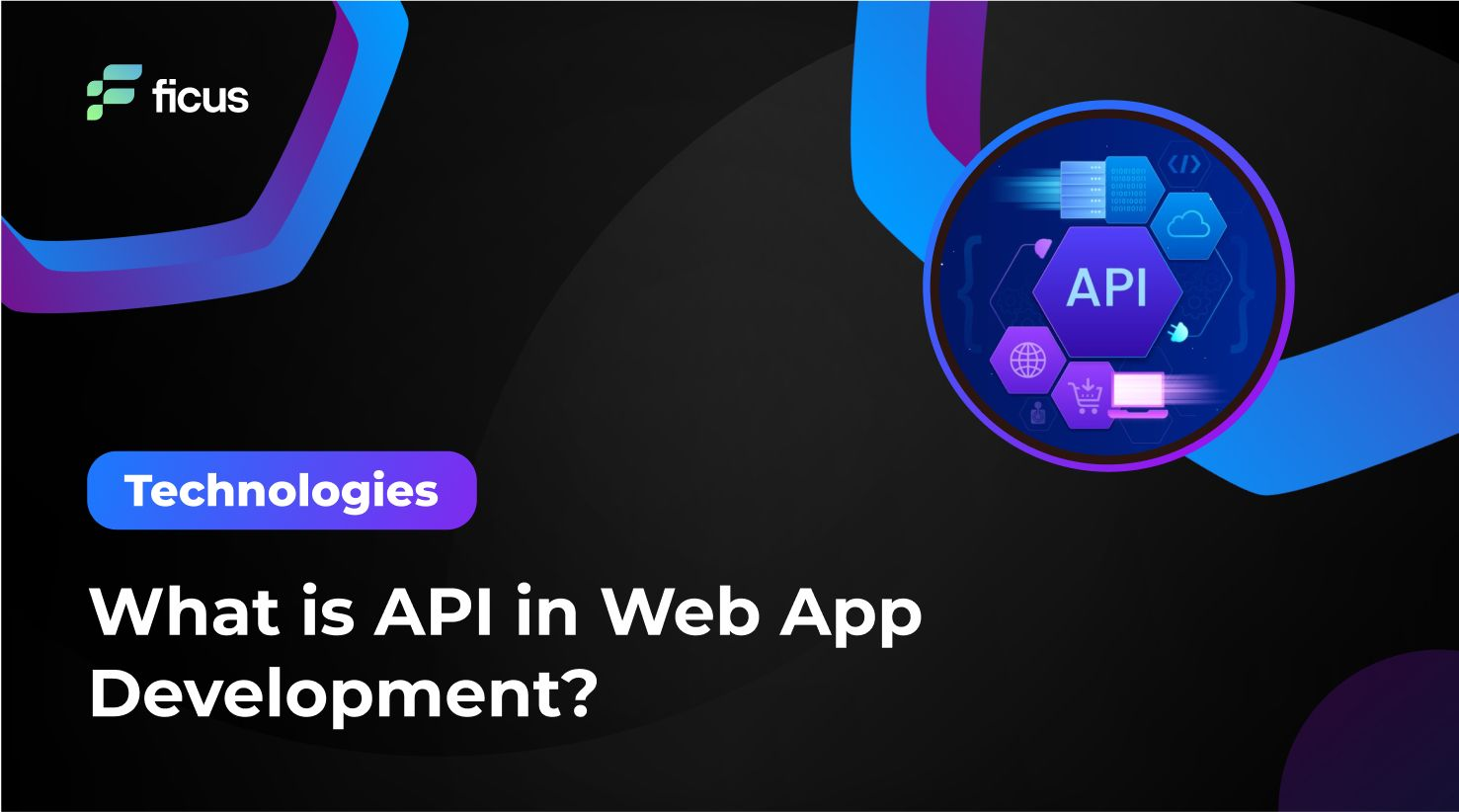In the dynamic realm of web app development, APIs (Application Programming Interfaces) are pivotal in enhancing functionality, improving efficiency, and enabling seamless interactions between different software systems. APIs act as bridges that allow different applications to communicate with each other, enabling the sharing of data and functionalities. We will explore what APIs are, the various types of APIs, examples of APIs, and the substantial benefits they bring to web app development.
- APIs are vital in web app development, facilitating data sharing and interactions.
- Types of APIs: Open, Internal, Partner, Composite, with real-world examples.
- Benefits of API-driven development: Efficiency, interoperability, scalability, cost-effectiveness, innovation, and streamlined maintenance.
What is an API in Web App Development?
APIs, or Application Programming Interfaces, have emerged as indispensable tools that power the seamless data flow and functionalities between different software systems. At its core, an API is a set of protocols, rules, and tools that allows one software application to interact with and request data or services from another, making it a fundamental building block of modern web development.
In web app development, APIs are the messengers that facilitate communication between different software components, enabling them to work harmoniously. Think of APIs as bridges connecting various pieces of a complex jigsaw puzzle, ensuring that each part communicates effectively with the others.

An API typically defines a set of rules for how requests for specific tasks or data should be made and how responses will be provided. It acts as an intermediary, handling all the complex interactions behind the scenes so that developers don’t have to reinvent the wheel whenever they want to implement a specific function or access external data.
In essence, APIs are the foundation for modern web apps. They simplify development, enhance functionality, and foster interoperability between different software components, ultimately delivering a smoother and more feature-rich user experience. Understanding APIs is crucial for any web app developer aiming to create robust and efficient applications that can seamlessly interact with other services and systems.
Your website is the center of your digital ecosystem, like a brick and mortar location, the experience matters once a customer enters, just as much as the perception they have of you before they walk through the door
Leland Dieno
Types of APIs in Web App Development
Understanding the various types of APIs is essential for developers seeking to harness their power effectively. In web app development, four primary types of APIs stand out:
Open APIs (External APIs)
Open APIs, often called External APIs, are publicly available for developers and third-party applications. These APIs are accessible online, allowing external developers to tap into a service’s functionalities. Organizations create open APIs to foster innovation, encourage third-party integration, and expand their reach.
Internal APIs (Private APIs)
Internal APIs, also known as Private APIs, are used within an organization and are not exposed to external developers. These APIs are instrumental in streamlining internal processes, fostering collaboration among different teams, and improving overall efficiency.
Partner APIs
Partner APIs are a selective subset of APIs that are shared with specific external partners or organizations. Access to partner APIs is restricted and often requires authentication or authorization. These APIs facilitate secure and controlled interactions between businesses and their trusted partners.
Composite APIs
Composite APIs are a sophisticated breed of APIs combining various endpoints or sub-APIs into a unified interface. This simplifies the integration process for developers by allowing them to access multiple functionalities or data sources through a single API call.
Ready to Elevate Your Web App with API Integration? Let’s Connect!<br>
Contact UsExamples of API in Web App Development
To better understand their real-world application, let’s delve into some noteworthy examples of APIs in action:
YouTube API

YouTube API empowers developers to integrate YouTube’s vast video library and functionality into their web applications. This API enables developers to access features like video playback, uploading, searching, and user interactions.
Twitter API

The Twitter API opens the doors to Twitter’s data and features. Developers can use this API to retrieve tweets and user profiles, post tweets, and programmatically interact with Twitter’s platform. It’s a valuable resource for applications that integrate real-time social media updates.
Open Weather API

The Open Weather API provides developers access to weather data worldwide. Web apps can leverage this API to retrieve weather conditions, forecasts, historical weather data, and more. It’s commonly used in weather-related applications and websites.
Imgur API

The Imgur API allows developers to interact with Imgur’s image hosting and sharing platform. This API enables web apps to upload, retrieve, and manipulate images. It’s a popular choice for applications that require image hosting and sharing functionalities.
NASA API

The NASA API is a treasure trove of space-related data and information. It grants developers access to various resources, including images, videos, astronomical data, and Mars Rover photos.
Benefits of API Web App Development
Understanding the myriad benefits of API-driven development is essential for staying competitive and building robust, feature-rich web apps. Here, we explore the significant advantages of adopting API web app development:
1. Enhanced Efficiency:
APIs serve as pre-built building blocks, streamlining the development process. Developers can leverage existing APIs to access complex functionalities and data, reducing development time and effort. This efficiency allows teams to focus on the unique aspects of their application rather than reinventing the wheel.
2. Interoperability:
APIs enable disparate systems and services to communicate seamlessly. This interoperability fosters integration between web apps and external platforms, databases, or cloud services. APIs are universal translators, ensuring smooth and efficient data and functionality exchange.
3. Scalability:
APIs empower web apps to scale gracefully. Developers can modularize components and services, allowing for independent scaling as needed. This flexibility ensures that applications can handle increased user loads without a complete overhaul, improving performance and user experience.
4. Access to External Features:
APIs provide access to external features and data that enrich web app functionality. From integrating social media sharing to accessing real-time weather information or payment gateways, APIs expand the possibilities and features available to developers without reinventing core functionalities.
5. Cost-Effectiveness:
APIs significantly reduce development costs. Developers can leverage third-party APIs for tasks like authentication, payment processing, or geolocation, sparing them the expense of building these features from scratch. This cost-effective approach enables businesses to allocate resources efficiently.
6. Innovation:
APIs fuel innovation by granting access to cutting-edge technologies and services. Developers can harness the latest advancements in machine learning, artificial intelligence, and data analysis through APIs, fostering creativity and staying at the forefront of industry trends.
7. Streamlined Maintenance:
APIs simplify maintenance by isolating changes and updates. If an external service or database structure changes, developers can adjust the API integration without affecting the core functionality of the web app.
Conclusion
Team of professionals at Ficus Technologies possesses a wealth of knowledge and experience in API development for web applications. We are not just developers; we are innovators and problem solvers, driven by a passion for creating solutions that seamlessly integrate with external systems and services.
With Ficus Technologies as your development partner, you gain access to a team that understands the intricacies of API-driven web app development. Whether it’s building open APIs for enhanced functionality, creating internal APIs for seamless communication within your systems, or developing partner APIs for collaboration, our team has the expertise needed to make your vision a reality.
Absolutely, businesses can monetize their APIs by offering them as a service. Through API monetization, companies provide controlled access to specific functionalities or valuable data sets, allowing third-party developers to integrate them into their applications for a fee. This creates a new revenue stream and encourages innovation within the developer community. Additionally, businesses may adopt various pricing models, such as subscription plans, pay-per-use, or tiered pricing, depending on the nature of the API and the value it brings to developers. Monetizing APIs can be a strategic approach to maximize the economic potential of digital assets.
APIs catalyze innovation in web app development by serving as gateways to external functionalities and data. They empower developers to seamlessly integrate cutting-edge technologies, services, and features into their applications, fostering creativity. APIs offer access to specialized tools, such as machine learning, artificial intelligence, and data analytics, enabling developers to leverage the latest advancements without extensive expertise. This accelerates development cycles, encourages experimentation, and positions web apps at the forefront of industry trends. The modular and interoperable nature of APIs enhances collaboration and opens avenues for novel solutions, contributing significantly to the continual evolution of web app innovation.








